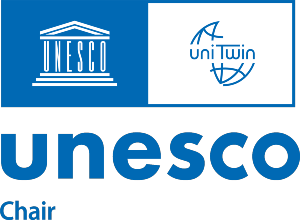Family Support

Family Support
Family Support is recognised as both a style of work and a set of activities which reinforce positive informal social networks through integrated programmes. These programmes combine statutory, voluntary, community and private services and are generally provided to families in their own homes and communities. The primary focus is on early intervention aiming to promote and protect the health, well-being and rights of all children, young people and their families, paying particular attention to those who are vulnerable or at risk.
The Family Support approach is underpinned by a number of social science theories: social support which refers to the range of supports required by all to assist in coping with day-to-day challenges; the social ecology within which families live, the interdependence between individuals and this wider context, and the social capital which is accrued through these interactions; the centrality of the attachments formed between parents and their children; and the resilience displayed in managing adversity.
As a practice Family Support is underpinned by a set of practice principles which include working in partnership with children, young people and parents as well as partnership amongst agencies and practitioners. Interventions with family members that are based on need and are informed by their views and wishes is a central feature of the Family Support approach. A focus on the existing strengths and resilience of children, young people and families with attention paid to accessing their informal networks of support is advocated. From a service provision perspective an accessible and flexible approach with families encouraged to self-refer is recommended as best practice.
The Centre is part of the European Family Support Network, EurofamNet, a 35 country, 165 member network of academics and stakeholder organisations across the EU. The network, a COST Action, aims to inform family policies and practices towards the ultimate goal of ensuring children’s rights and families’ well-being through building collaborations between researchers, practitioners, policy-makers, children and families, public and private agencies, and general society.
.jpg)
Dr. Carmel Devaney and Prof. John Canavan, UNESCO Child and Family Research Centre, presenting at the Eurofamnet meeting at the University of the Algarve in Faro, 2022.
A full list of our research outputs is available on our publications page.







